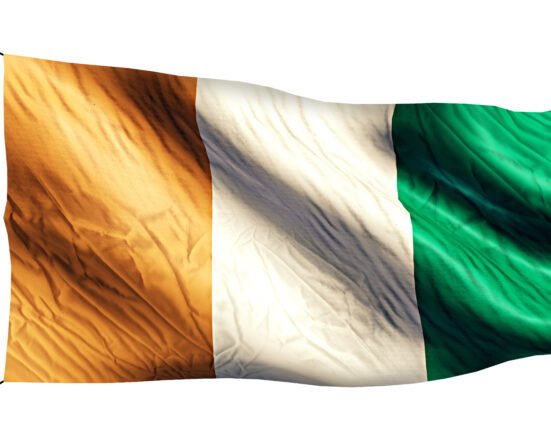Michigan’s online gambling sector sustained its impressive momentum in April 2025, reporting $290.7 million in gross receipts across iGaming and sports betting. While this total narrowly missed the all-time record set in March, it still represents a remarkable 23.8% increase year-over-year, highlighting the continued growth and maturity of the state’s regulated online gambling market.
iGaming Leads the Charge with FanDuel, BetMGM, and DraftKings Dominating
Online casino gaming—comprising slots and table games—remains the primary revenue driver. In April, the iGaming segment alone generated $248.1 million in gross receipts, marking a 28.6% rise compared to April 2024. The adjusted gross receipts (AGR) for iGaming totaled $233.1 million, up 33.9% from the previous year.
FanDuel, operating in partnership with MotorCity Casino, retained its market leadership with $67.6 million in gross receipts and $63.5 million in AGR. Close behind, BetMGM and MGM Grand Detroit posted $64.9 million in gross and $61 million in adjusted earnings. DraftKings and the Bay Mills Indian Community rounded out the top three, bringing in $42.5 million and $40 million, respectively.
Mixed Results for Online Sports Betting
Online sports betting performance was more modest. Gross receipts reached $42.6 million in April, up 1.7% year-on-year. However, AGR declined by 3.6% to $26.8 million, suggesting lower overall profitability. The monthly betting handle stood at $417.9 million—a 4.7% increase from April 2024.
FanDuel again led this vertical with $19.1 million in gross receipts from a $154.6 million handle, boasting a 12.35% hold. DraftKings followed with $10.5 million from a $114.9 million handle, while BetMGM posted $5.8 million from $53.9 million wagered.
Significant Tax Contributions and Commercial Casino Performance
The online gambling sector also contributed substantially to public coffers. State tax revenue from iGaming totaled $48.2 million, while the city of Detroit received $13.1 million from commercial operators. Tribal operators paid $5.6 million to their respective authorities.
Separately, Detroit’s three commercial casinos reported $109.8 million in monthly revenue, a 0.4% year-on-year increase. Table games and slots accounted for $109.5 million, though overall revenue declined 6.5% from March. These casinos paid $8.9 million in state gaming tax and $13 million to Detroit.
Sustained Growth Amid a Competitive Market
Though April’s total fell just short of the March record, Michigan’s consistent year-on-year gains underscore the strength of its online gambling framework. With leaders like FanDuel, BetMGM, and DraftKings continuing to expand market share, and robust contributions to state and local revenues, Michigan remains a standout in the U.S. iGaming landscape.






















